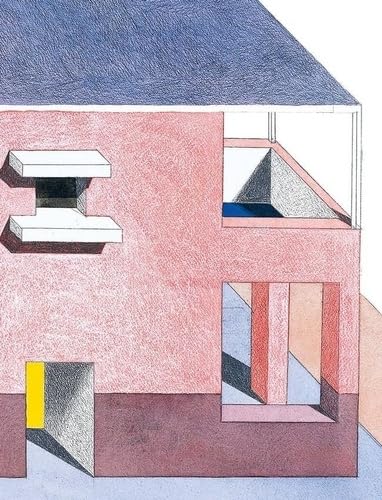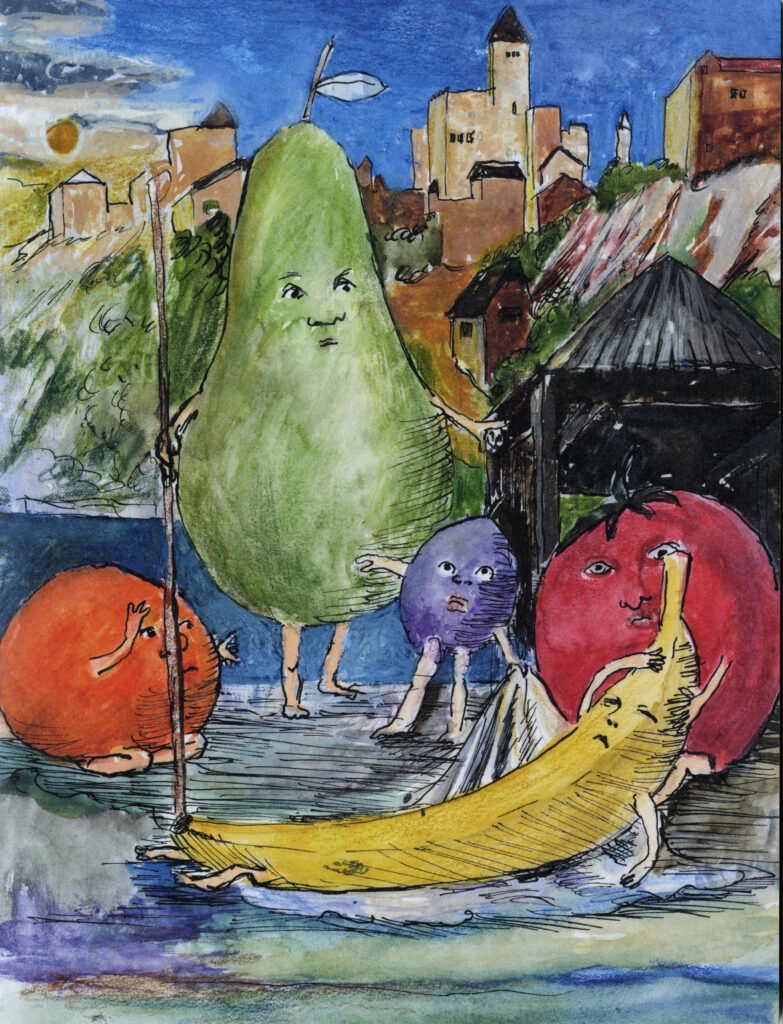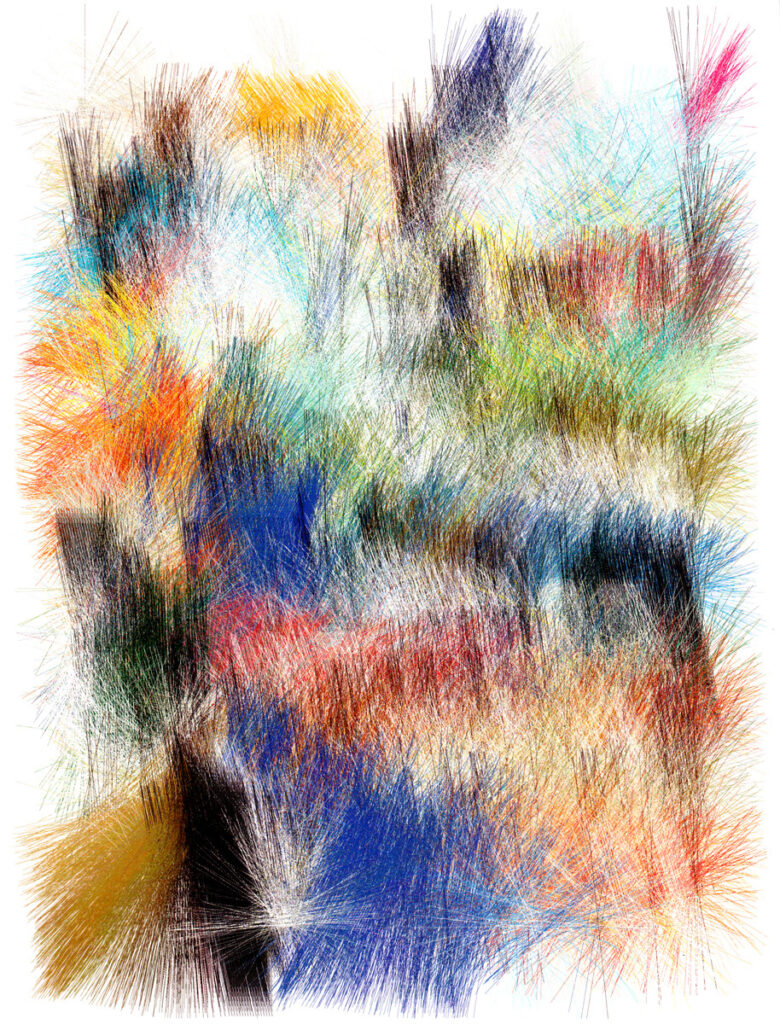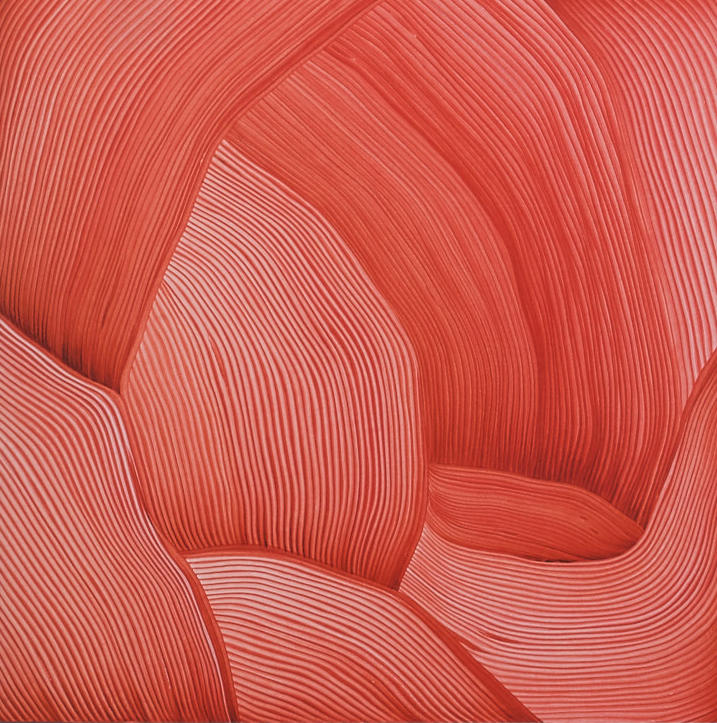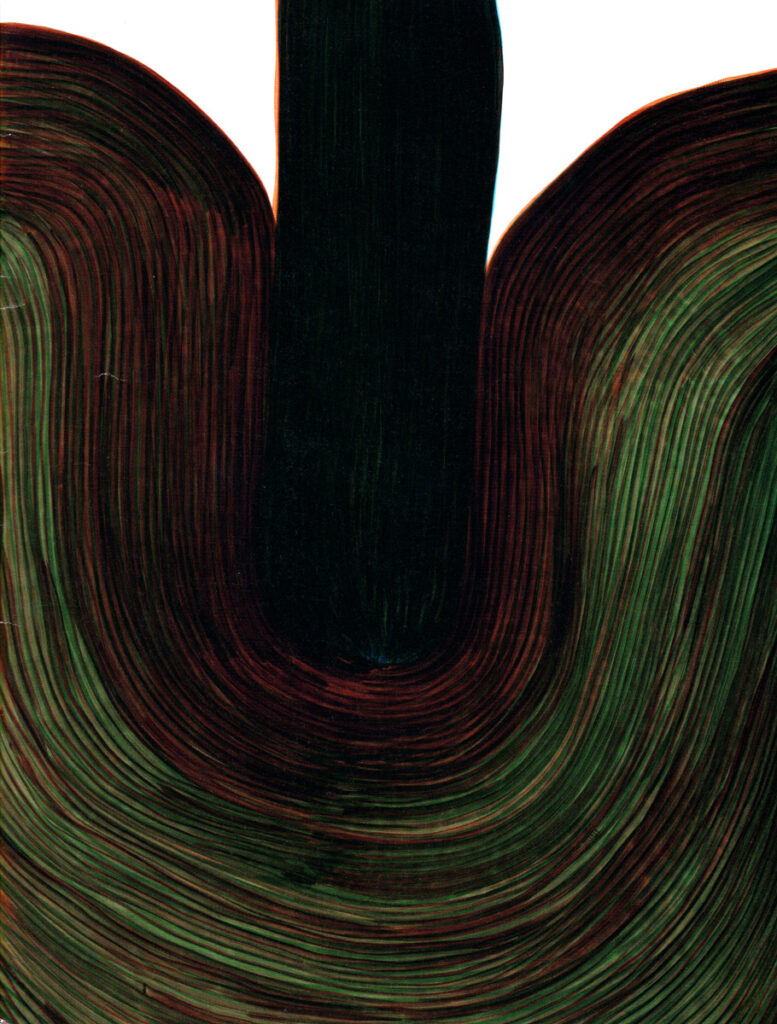Ettore Sottsass: Architettura Attenuata
Ettore Sottsass (1917–2007) was an architect and designer, labeled the godfather of Italian design. Born in Austria and based in Milan, Sottsass studied architecture at the Politecnico di Torino in Turin. After spending most of World War II in a concentration camp in Yugoslavia, Sottsass returned to Italy, where he set up his studio. In 1958, he was hired as a design consultant for the Olivetti company, a position he held for more than 20 years. While there, he produced many designs, including the Elea 9003 computer and the red plastic Valentine portable typewriter. His aim was to produce objects that went beyond typical consumerist products.
As Sottsass distanced himself from pure functionalism, he started experimenting with designs that had social and historical components. During this time, Sottsass became a leading figure in the Radical-Design movement. In 1981, Sottsass led a group of designers who came to be known as the Memphis group. This group experimented with colors and materials, creating multifunctional pieces and breaking with convention. Their new materials included neon, unusual finishes, and patterned plastic laminates. After Memphis, Sottsass continued to produce provocative work, constantly challenging the accepted practices of the day. He also established the architectural firm Sottsass Associati, with the aim of producing large-scale designs.
Sottsass’s work has been the subject of retrospective exhibitions at the Centre Pompidou in Paris, the Los Angeles County Museum of Art, and the Design Museum in London, among others. His numerous awards included the title of Office of the Ordre des Arts et des Lettres of the French Republic in 1992, an honorary degree from the Rhode Island School of Design in 1993 an Honorary Doctor of the Royal College of Art in London in 1996, an Oribe Award in Japan in 1997, and a Sir Misha Black Award in 1999.
